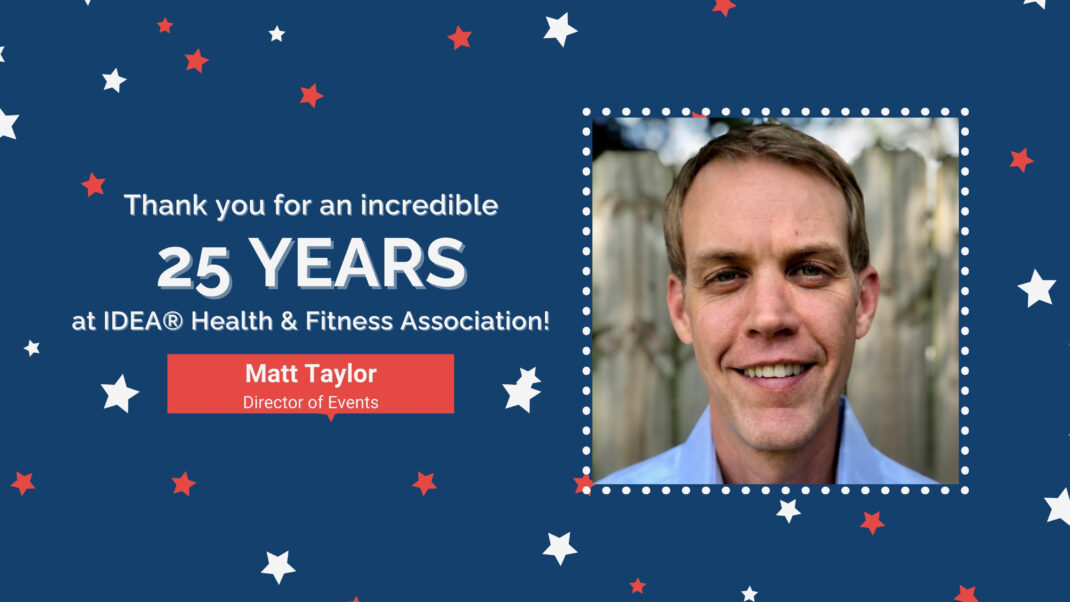According to the results of a recent study conducted by the American Dietetic Association (ADA), consumers are hungry for accurate nutrition information. The ADA researchers determined that while nearly 8 in 10 of the people surveyed are interested in locating reliable online sources of nutrition information, more than 60% have trouble finding what they need on the Internet. Here’s the scary part: this survey of more than 1,000 Americans found that nearly everyone who participated believes that the dietary information they find online is “reliable and trustworthy.”
Nothing could be further from the truth, says ADA spokesperson Dawn Jackson Blatner, RD, in an ADA press release dated January 15. “Unfortunately, we know from experience that not all [Web] sites are created equal and not all food and nutrition information you find online is reliable,” she says. “You wouldn’t take advice from someone who walked up to you on the street and told you all of your health concerns could be solved with a special food item, but that is essentially what people are doing when they take nutrition advice from some of these websites.”
Although it is outside the scope of practice for fitness professionals to offer targeted advice to clients about specific foods and dietary supplements or branded weight loss programs, it is within your realm of knowledge to share proper diet and general nutrition advice. For more specific advice, you should refer clients to a registered dietitian or steer them to the ADA’s newly renovated website (www.eatright.org).





